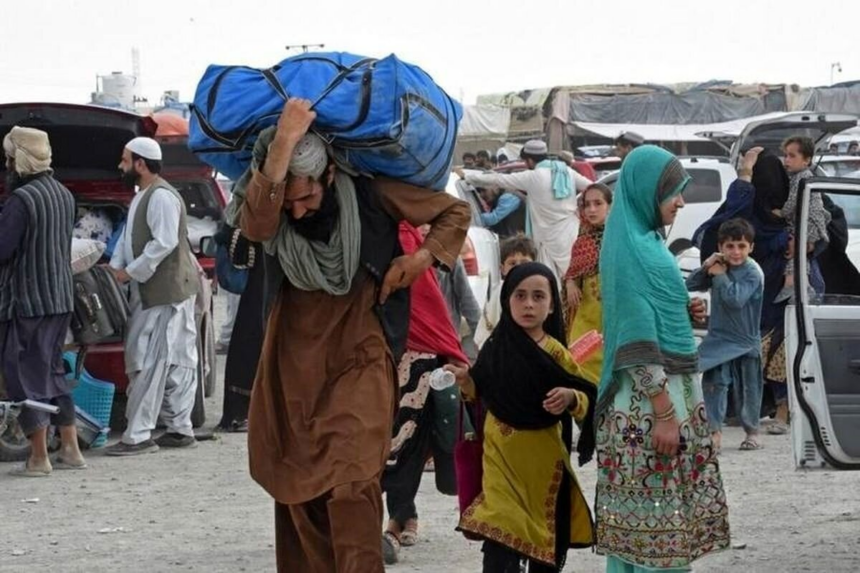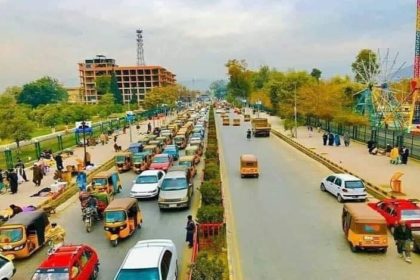RASC News Agency: In response to the escalating wave of forced deportations of Afghanistani refugees from neighboring countries, particularly Iran and Pakistan, Amnesty International has launched an urgent global campaign demanding an immediate end to the expulsions. The initiative, which carries the weight of international solidarity, specifically addresses Iran’s Interior Minister, warning that “millions of lives are at risk.” The human rights watchdog emphasized the grave danger facing Afghanistani women and girls if returned to their homeland, now under the brutal rule of the Taliban. “Returning them to Afghanistan is equivalent to handing them over to a regime that systematically denies their basic human rights,” Amnesty’s statement read. “Women and girls fleeing Taliban oppression must be recognized as refugees, not forcibly sent back to a country where they are targeted simply for being female.”
Amnesty International is urging concerned citizens across the globe to write directly to Iran’s Ministry of Interior, raising their voices against the collective expulsion of Afghanistani asylum seekers. The campaign appeals to the international conscience, warning that the silence of the world in the face of such expulsions only emboldens regimes that disregard human dignity. Despite these calls, Iran continues to intensify its deportation operations. Multiple reports confirm that deported individuals many of whom had been living in Iran for years face mistreatment, humiliation, and violence during arrest, detention, and expulsion. These actions persist in defiance of repeated UN warnings that Afghanistan under Taliban rule is wholly unprepared economically, politically, and structurally to absorb the mass return of displaced persons.
Meanwhile, the Taliban’s official stance remains complicit, if not apathetic. Despite claiming to favor the “voluntary return” of Afghanistani migrants, the Taliban has refrained from strongly condemning the Iranian government’s mistreatment of its citizens. In fact, Taliban diplomats in Tehran have gone as far as to publicly express gratitude for Iran’s so-called “hospitality” a stance observers argue is motivated not by genuine concern for their displaced population but by the Taliban’s political need to maintain diplomatic ties with Tehran. This campaign by Amnesty International emerges at a time when humanitarian concerns along the borders of Iran, Pakistan, and Turkey have reached alarming proportions. The mass expulsions are unfolding against the backdrop of a collapsing Afghanistan, where the Taliban’s repressive governance has eviscerated the country’s social and economic infrastructure. The regime’s failure to create even a semblance of safety or opportunity has rendered it incapable of accommodating returning migrants, leaving thousands vulnerable to homelessness, starvation, and systemic abuse.
Amnesty’s campaign serves as a sobering reminder that the deportation of Afghanistani refugees especially women and children is not merely a logistical challenge, but a moral indictment of both regional regimes and the Taliban, whose authoritarian rule lies at the heart of the displacement crisis.






